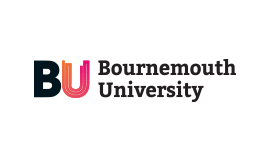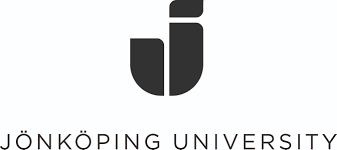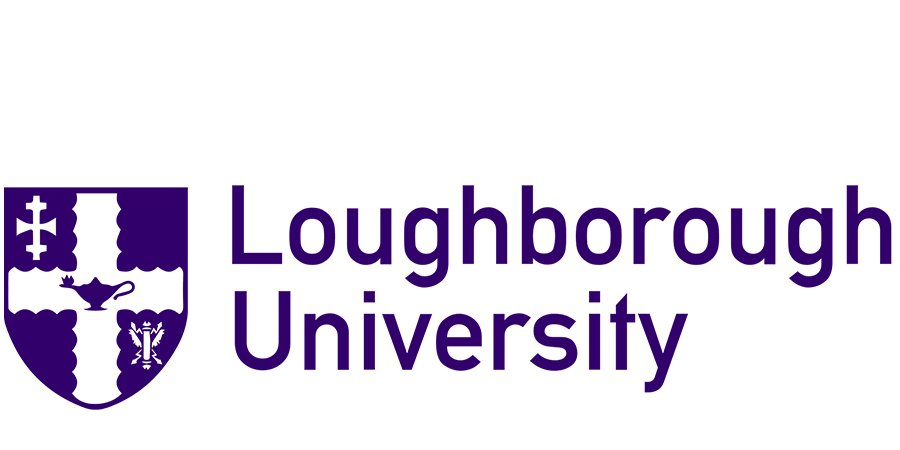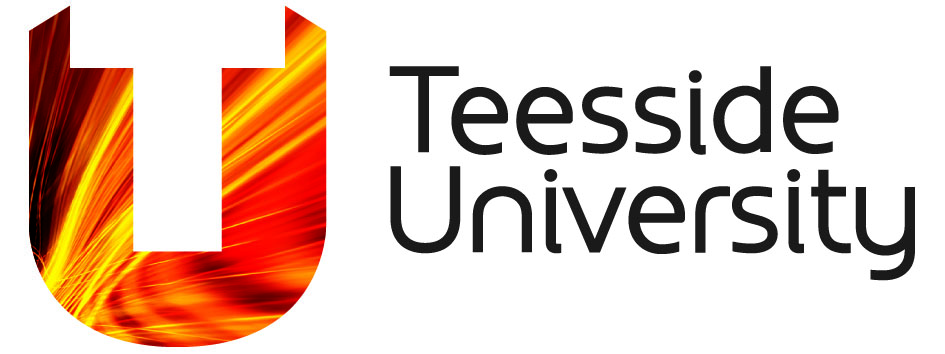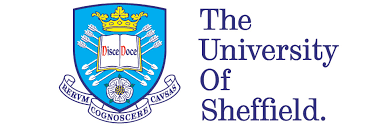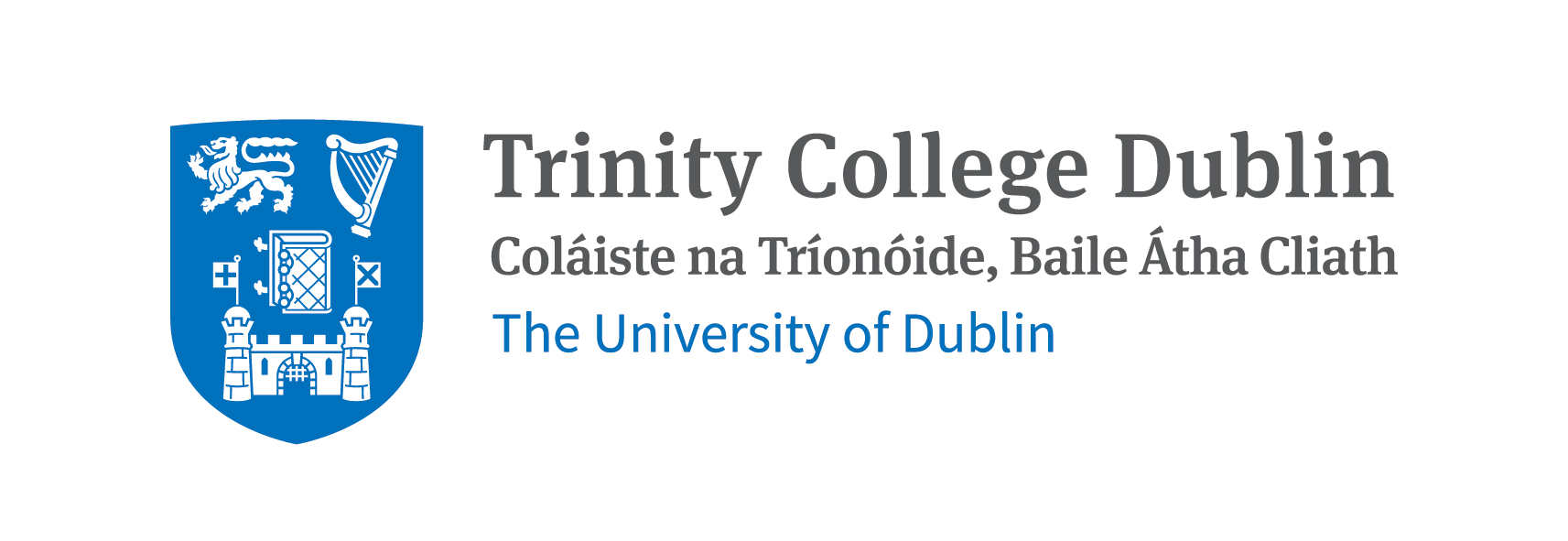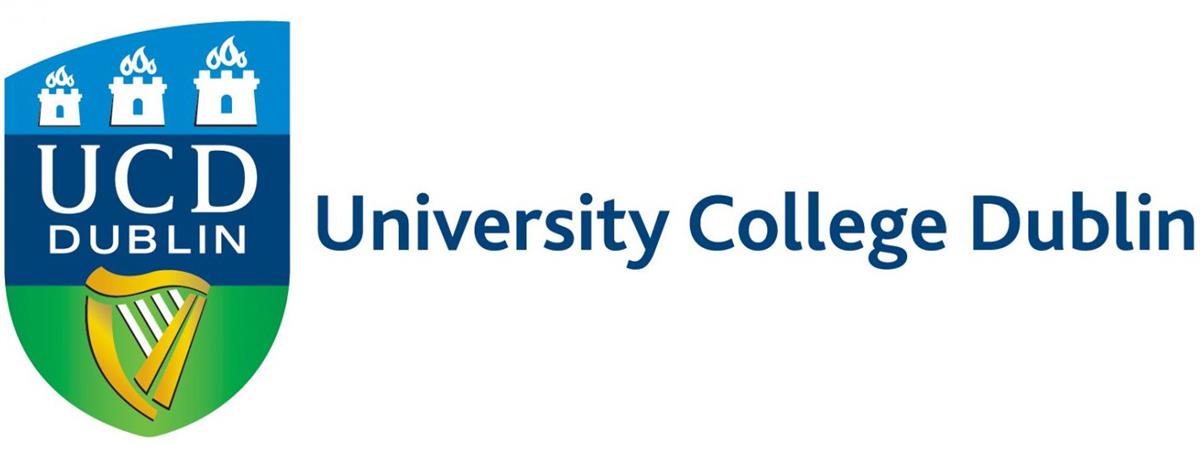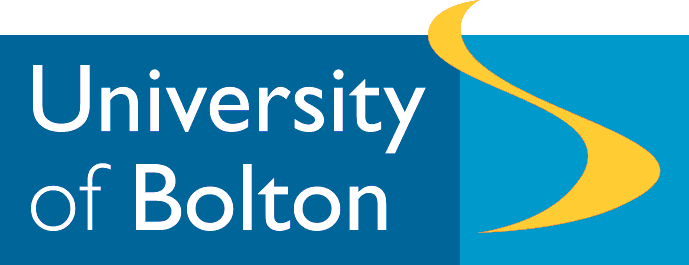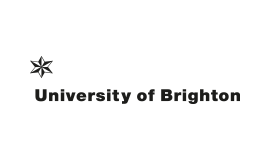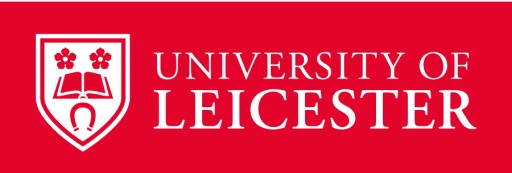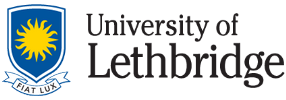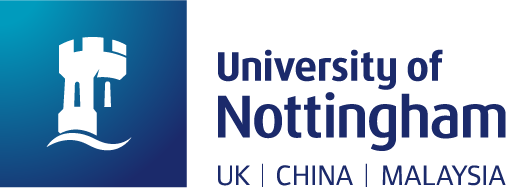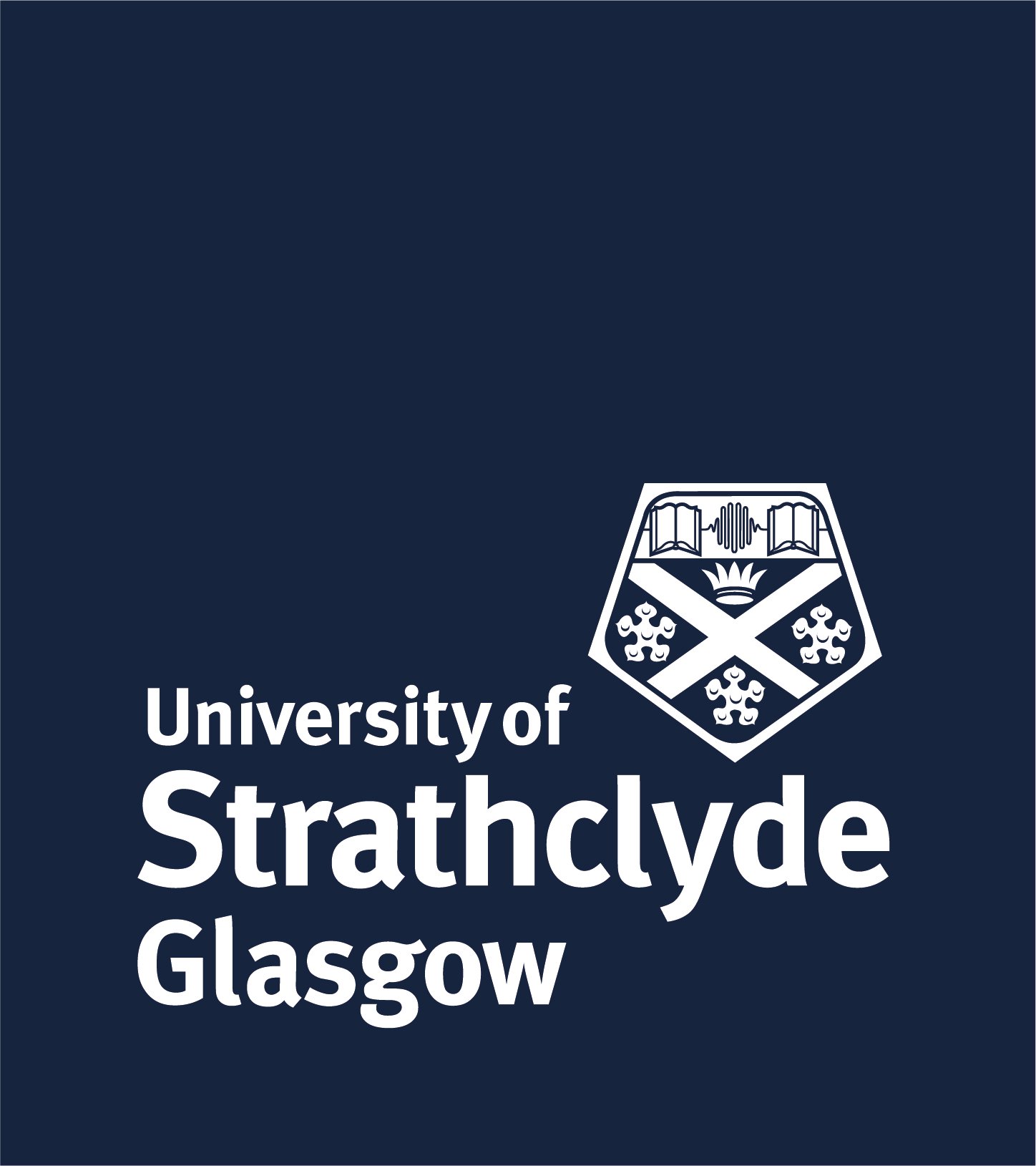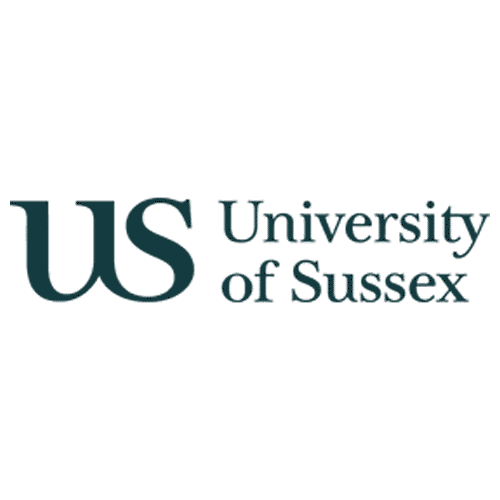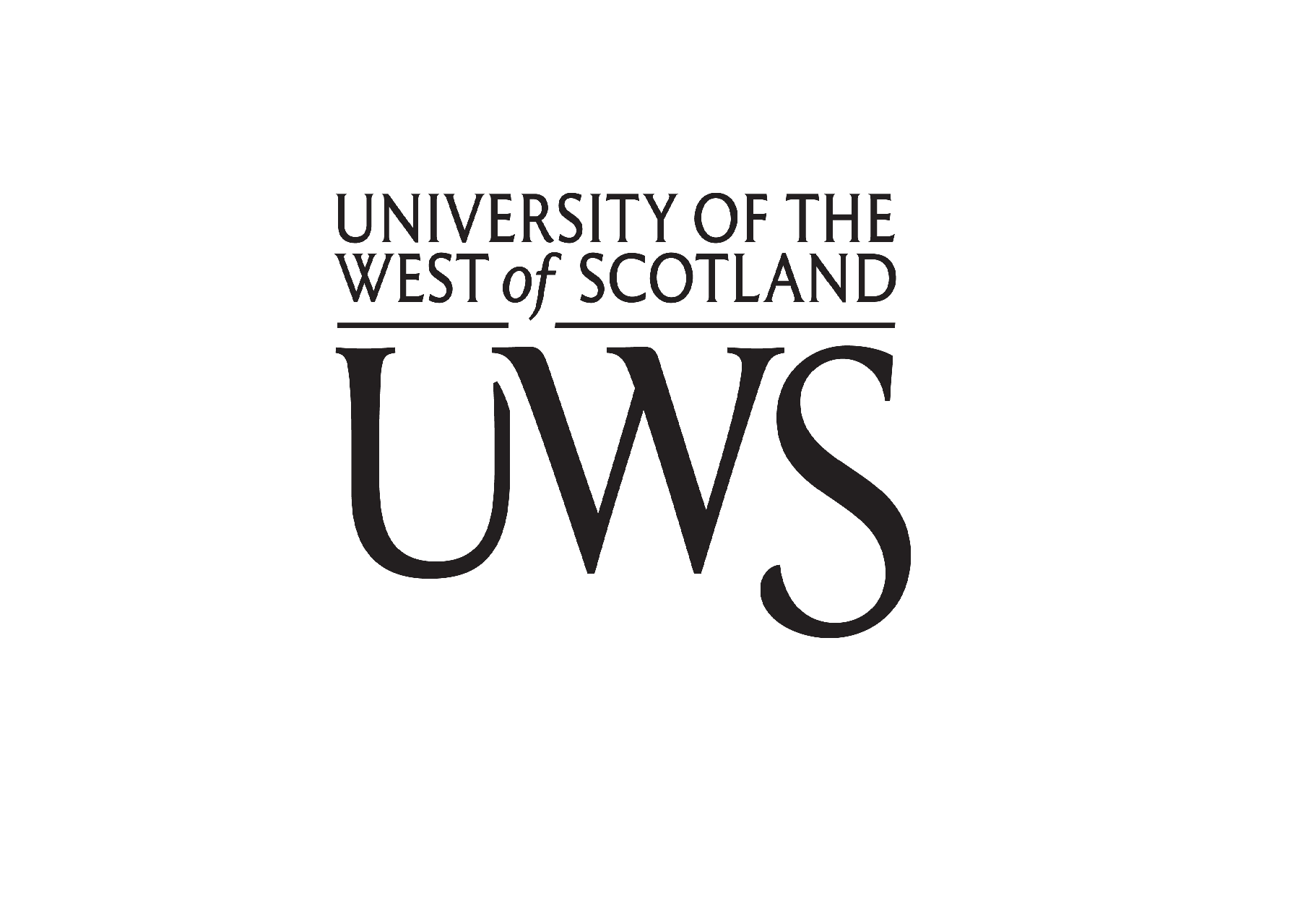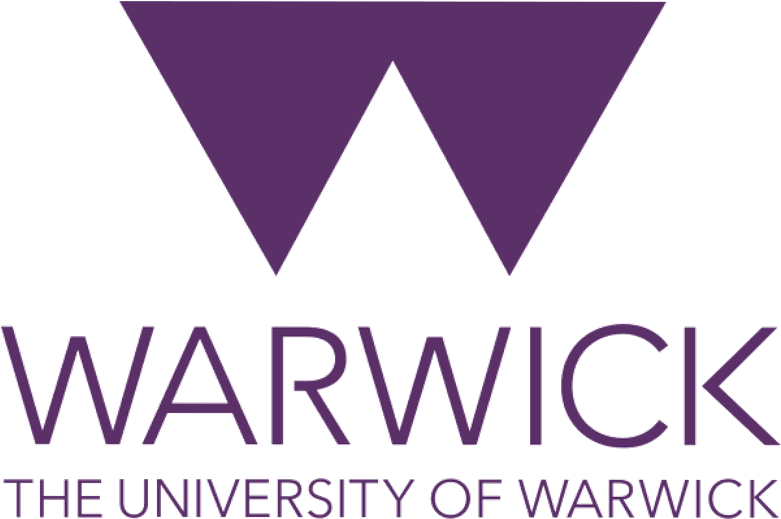International Management
Embark on a Global Career with International Management
Are you an Indian student dreaming of leading multinational companies and navigating the complexities of global business? The International Management course is your gateway to a dynamic world of opportunities. Designed for ambitious minds, this program equips you with the knowledge and skills to manage businesses across borders, understand diverse cultures, and drive international strategies. Whether you're passionate about finance, marketing, or operations in a global context, studying International Management abroad offers unparalleled exposure to real-world practices and networks that can shape your future.
From bustling markets in Europe to innovative hubs in North America, top universities worldwide offer specialized programs in International Management. As an Indian student, you'll benefit from scholarships, cultural immersion, and a curriculum tailored to the global economy. This course not only enhances your resume but also prepares you for leadership roles in an interconnected world. Let's dive into what makes International Management the perfect choice for your study abroad journey.
What is International Management?
International Management is a multidisciplinary field that focuses on the principles and practices of managing organizations in an international setting. It combines elements of business administration, economics, and cultural studies to address challenges like cross-border trade, global supply chains, and multinational team dynamics. Unlike traditional management courses, this program emphasizes the impact of globalization, international laws, and ethical considerations in business.
For Indian students, this course is particularly relevant given India's growing role in the global economy. With companies like Tata, Reliance, and Infosys expanding internationally, understanding international management can give you a competitive edge back home or abroad. Programs typically span 1-2 years at the master's level (MIM or MSc in International Management) and include case studies from emerging markets like India, China, and Brazil.
Why Choose International Management Abroad?
Studying International Management overseas provides hands-on experience that classroom learning in India can't match. Here's why it's a smart choice:
- Global Perspective: Learn from diverse faculty and peers, gaining insights into how businesses operate in different regions.
- Networking Opportunities: Connect with industry leaders through internships, guest lectures, and international conferences.
- Cultural Immersion: Adapt to new environments, which builds resilience and cross-cultural communication skills essential for global roles.
- Enhanced Employability: Degrees from renowned universities abroad are highly valued by Indian recruiters and multinational corporations.
- Scholarships for Indians: Many programs offer funding specifically for students from developing countries, reducing financial barriers.
- Practical Exposure: Participate in exchange programs or study tours to countries like the UK, USA, or Australia.
According to recent reports from QS World University Rankings, graduates in International Management see an average salary increase of 20-30% compared to domestic degrees, making it a worthwhile investment for your career.
Core Curriculum and Key Topics
The curriculum for International Management is comprehensive, blending theory with practical applications. Most programs follow a modular structure, allowing flexibility to specialize in areas like international finance or global marketing. Below is an overview of typical modules:
Foundational Modules
- Global Business Environment: Explore economic trends, political influences, and trade policies affecting international operations.
- International Marketing: Strategies for entering new markets, branding across cultures, and digital globalization.
- Cross-Cultural Management: Understanding cultural differences using frameworks like Hofstede's model, with a focus on India-Europe or India-Asia dynamics.
Advanced Modules
- International Finance and Economics: Topics include foreign exchange risks, international investment, and emerging market economies.
- Supply Chain and Operations Management: Managing global logistics, sustainability, and ethical sourcing—vital for India's export-driven sectors.
- Strategic International Management: Case studies on mergers, acquisitions, and corporate strategy in multinationals.
- Business Ethics and Sustainability: Addressing corporate social responsibility in a global context, including ESG (Environmental, Social, Governance) factors.
Many programs incorporate a dissertation or capstone project where you can research topics relevant to Indian businesses, such as "India's Role in Global Supply Chains Post-COVID." Electives might include entrepreneurship in developing economies or digital transformation in international firms.
Top Destinations for Studying International Management
Choosing the right destination can amplify your learning experience. Here's a table highlighting popular countries for Indian students, based on program quality, cost, and post-study work opportunities:
| Country | Top Universities | Average Tuition (INR per year) | Post-Study Visa Duration | Why Ideal for Indians? |
|---|---|---|---|---|
| United Kingdom | London Business School, University of Warwick | 20-30 lakhs | 2 years | Short programs (1 year), strong Indian alumni network, scholarships like Chevening. |
| United States | University of Pennsylvania (Wharton), NYU Stern | 40-60 lakhs | 1-3 years (OPT) | Focus on innovation, high salaries, but competitive visas; Fulbright scholarships available. |
| Canada | University of Toronto (Rotman), McGill University | 25-35 lakhs | 3 years | Affordable, welcoming immigration policies, growing Indian community. |
| Australia | University of Melbourne, University of Sydney | 25-40 lakhs | 2-4 years | Practical focus, part-time work allowed, scholarships for Asian students. |
| Germany | ESMT Berlin, Mannheim Business School | 5-15 lakhs (many tuition-free) | 18 months | Low costs, English-taught programs, strong EU job market access. |
Germany and Canada stand out for affordability, while the UK offers quick completion times—perfect for Indian students balancing family expectations and career starts.
Skills You'll Develop
International Management programs hone a unique set of skills that are in high demand globally:
- Strategic Thinking: Analyze complex international scenarios and devise long-term business plans.
- Leadership and Team Management: Lead diverse teams, resolving conflicts across cultural lines.
- Analytical Abilities: Use data analytics for market research and risk assessment in global contexts.
- Communication Skills: Master business English and potentially additional languages like Mandarin or Spanish.
- Adaptability and Innovation: Navigate uncertainties in volatile markets, fostering creative solutions.
- Ethical Decision-Making: Balance profit with sustainability, especially in emerging economies like India.
These skills are transferable, preparing you for roles in consulting, export-import, or even starting your own international venture.
Career Prospects After International Management
Graduates of International Management enjoy versatile career paths with excellent growth potential. In India, the demand for global managers is surging due to FDI inflows and digital trade. Abroad, opportunities abound in MNCs like Google, Deloitte, or Unilever.
Popular Job Roles:
- International Business Consultant
- Global Supply Chain Manager
- Export/Import Specialist
- International Marketing Manager
- Corporate Strategy Analyst
- Project Manager in NGOs or Multinationals
Average starting salaries range from INR 15-25 lakhs in India and $60,000-$90,000 abroad, with rapid progression to senior positions. Many alumni return to India for roles in firms like Aditya Birla Group or stay overseas on work visas. Networking through platforms like LinkedIn and university career services can land you internships leading to full-time offers.
Scholarships and Financial Aid for Indian Students
Funding your dream shouldn't be a hurdle. Several scholarships target Indian students pursuing International Management:
- Commonwealth Scholarships (UK): Covers tuition and living costs for master's programs.
- DAAD Scholarships (Germany): Full funding for tuition-free public universities.
- Education Future International Scholarship: Up to INR 10 lakhs for studies abroad.
- Inlaks Shivdasani Foundation: Supports talented Indians with grants up to $100,000.
- University-Specific Aid: Merit-based scholarships at schools like Warwick or Rotman, often covering 50-100% of fees.
Additionally, part-time jobs (up to 20 hours/week in most countries) and education loans from Indian banks like SBI can ease finances. Always check eligibility based on your academic record and GMAT/GRE scores.
How to Apply: A Step-by-Step Guide for Indian Students
Applying for International Management programs is straightforward if you plan ahead. Follow these steps:
- Research Programs: Use sites like Studyportals or university websites to shortlist 5-7 options.
- Prepare Documents: Bachelor's degree (minimum 50-60% marks), transcripts, SOP, LORs, and English proficiency (IELTS/TOEFL: 6.5+).
- Entrance Exams: GMAT (600+) or GRE for most programs; some waive for strong academics.
- Apply Online: Deadlines are typically November-February for fall intake; fees range from INR 5,000-20,000 per application.
- Visa Process: Secure student visa with proof of funds, acceptance letter, and health insurance. Indian students often succeed with proper documentation.
- Pre-Departure Prep: Attend webinars, join Indian student forums, and budget for initial costs (INR 5-10 lakhs).
Start 12-18 months in advance to maximize scholarship chances. Consultancies like IDP or Y-Axis can guide you through the process.
Ready to take the leap? International Management isn't just a course—it's a launchpad for a borderless career. With India's youth driving global change, your international education will position you at the forefront. Explore programs today and turn your ambitions into reality!

